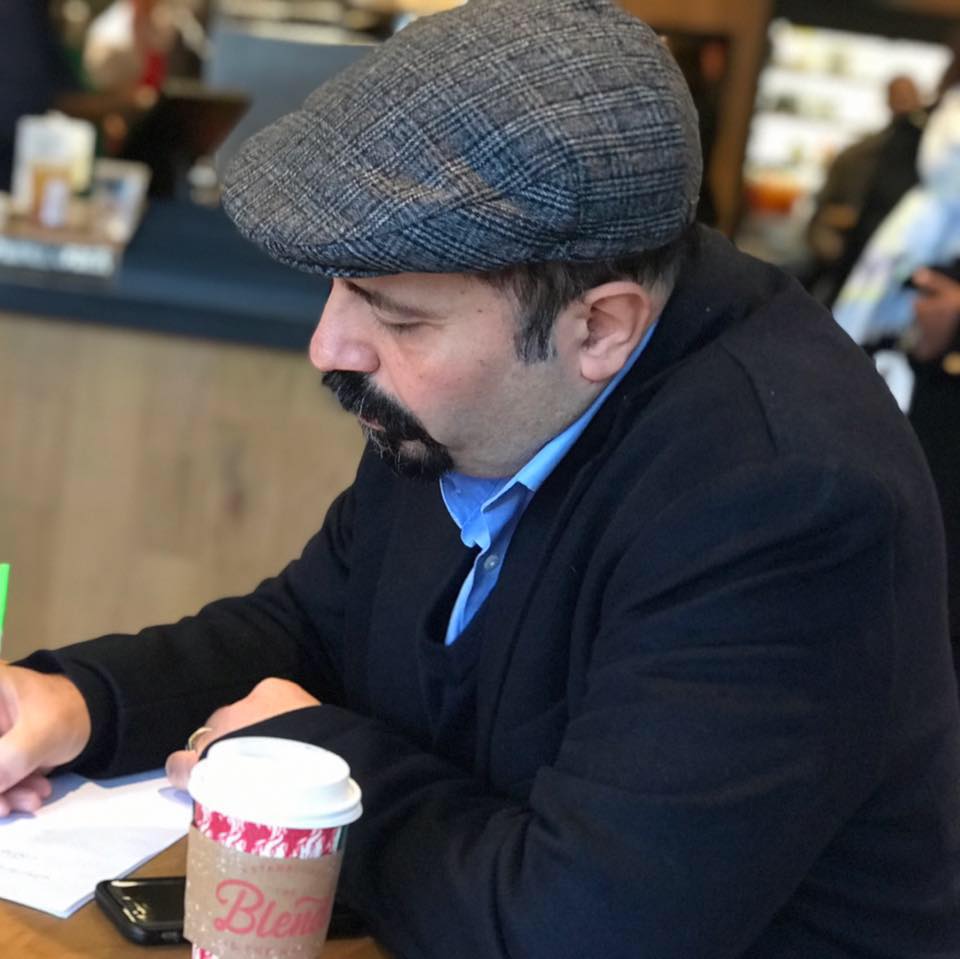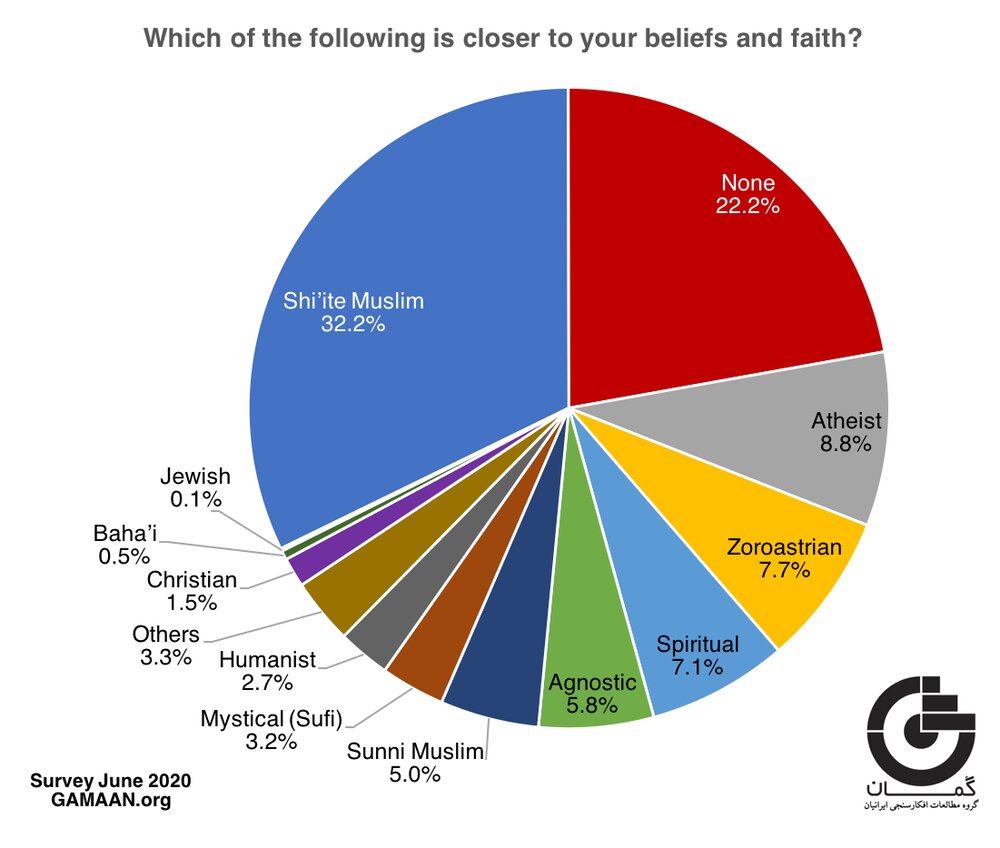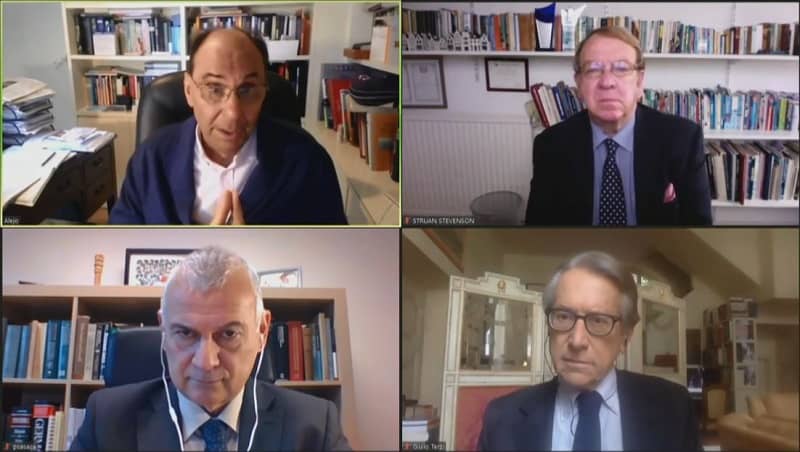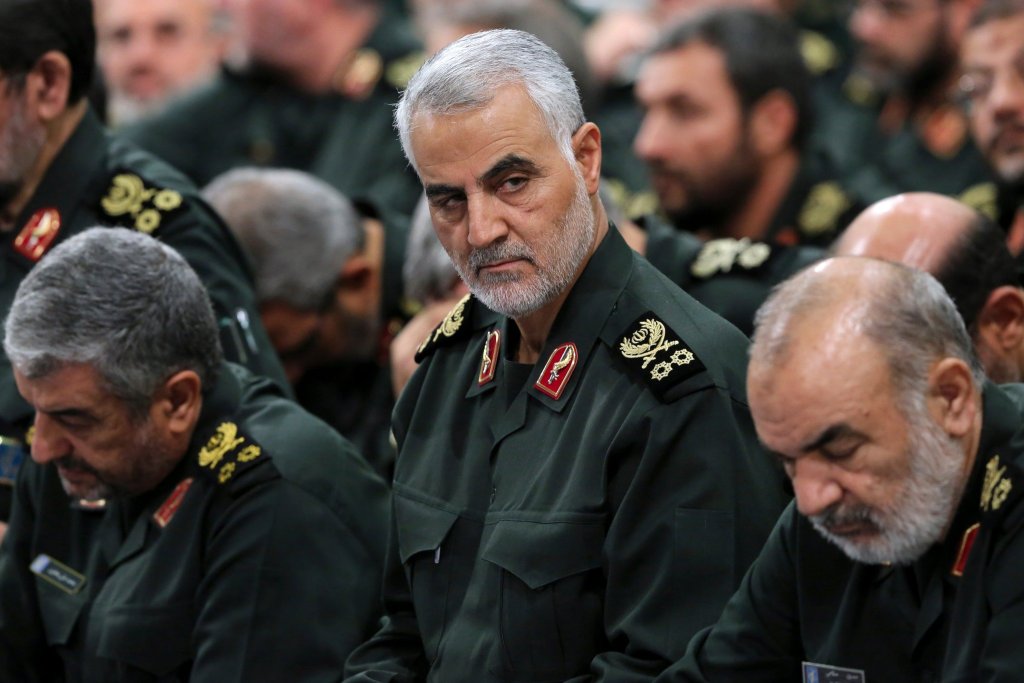علی افشاری، تحلیلگر سیاسی و عضو هیئت رئیسه هجا، در طی مصاحبه ی دلایل مجلس را در تصویب طرح دو فوریتی اخیر که دولت را موظف به از سر گیری غنی سازی اورانیوم با غلظت بالای بیست درصد کرده است، بنوعی فرار به جلو میداند تا رسوایی ترور فخری زاده را که ناشی از حفره های عمیق امنیتی می باشد را به سمت دولت، بازرسان آژانس و خط گفتگو و تعامل برده و ضمن تسویه حسابهای سیاسی جناحی، این اتفاق را به فرصتی تبدیل کرده و ازآن برای پیش برد پروژه های سیاسی خود استفاده کنند،و اجازه ندهند دولت روحانی در ماههای اخیر بتواند با تیم بایدن وارد گفتگو شود و حسن روحانی نیز فرصت احیای برجام را پیدا نکند ونتواند اثبات کند که عدم موفقیت وی در عرصه های سیاسی اقتصادی، ناشی از شکست برجام بوده است. همچنین اصلاح طلبان نیز نتوانند از ان برای انتخابات 1400 بهره گرفته و زمینه پیروزی خود را در انتخابات فراهم کنند.
از سوئی آنان خواهان خلع ید کامل دولت روحانی در مذاکرات هسته بوده و از سوئی دیگر با زیر پا گذاشتن مفاد پروتکل های الحاقی در تلاش هستند که به زعم خویش، در مذاکرات آینده دست بالا را داشته تا توان چانه زنی بیشتری را داشته باشند، البته این محاسبات به عقیده وی غلط بوده و اساسا مشخص نیست که تا چه میزان امکان اجرای آنرا داشته باشند.






